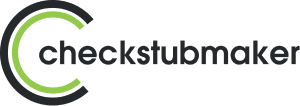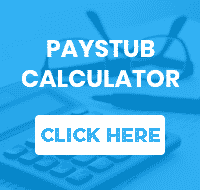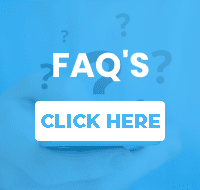They’re inconvenient, frustrating, and can feel unfair. Nonsufficient fund fees and overdraft fees can hit you when you least expect it. Typically, they occur in your checking account when you think you have the required funds to pay for something but ultimately do not.
Although both can put your account in the red, it is important to understand how the bank determines how to charge you in case you have the opportunity to refute it. This blog will explore the differences between the two fees, the possibility of reversing them, and how to avoid them.
Simplified – NSF Fees vs Overdraft fees
Nonsufficient fund fees are a result of an individual writing a check that gets bounced. The check is returned to the individual due to not having enough money in the account.
For example, if an individual intends to purchase a TV for $500 but doesn’t seem to be aware that they only have $400 in the account, the check will bounce, and a fee will be issued. Depending on the bank, the fee is usually between $25 – $37.
The key difference between the two fees is if that check gets accepted or not.
Let’s say the store owner decided to accept that check, the individual with insufficient funds will get charged for the remaining $100, plus the additional overdrawn fee—leaving them at -$135.
If these fees are non-disputable, it is important to pay them as swiftly as possible because the bank will keep charging fees the longer you stay overdrawn.
Can You Reverse These Fees?
The quick answer is…unlikely. But! If it is the first time your account has been overdrawn, then the bank might consider leniency and waive the fee. The same applies if your account hasn’t been overdrawn for quite some time (that duration is left up to the bank). To get the reversal process started, simply go to your bank or contact customer service.
3 Ways to Protect Yourself
There are numerous ways to protect yourself against these types of fees, three important ways include:
- Strictly follow your budget – If an individual indulges a bit too much, they may forget to adjust their budget accordingly to account for the extra expenditures. This can lead to overdrawn accounts.
- Check your accounts every day – You never know, something might have been charged to your card that you forgot about—like a subscription you forgot to unsubscribe to or a new service you’re trying out. Forgotten payments can lead to NSF or Overdraft fees.
- Overdraft protection – In the event your account becomes overdrawn, signing up for overdraft protection can help you. They will take the money owed from another account so you don’t get charged a fee.
The Self-Employed Are at Risk
There are a lot of moving parts when it comes to the small business owner and the self-employed, especially when it comes to finances. Sometimes it is hard to keep track of paychecks and the flow of income between accounts. Dealing with these fees can just be another annoyance to deal with.
Utilizing Check Stub Maker’s intuitive paystub generator, you can seamlessly keep track of and build your check stubs so you can easily manage your finances. Join the thousands of others that have trusted Check Stub Maker for fast, easy, and accurate payroll calculations.



